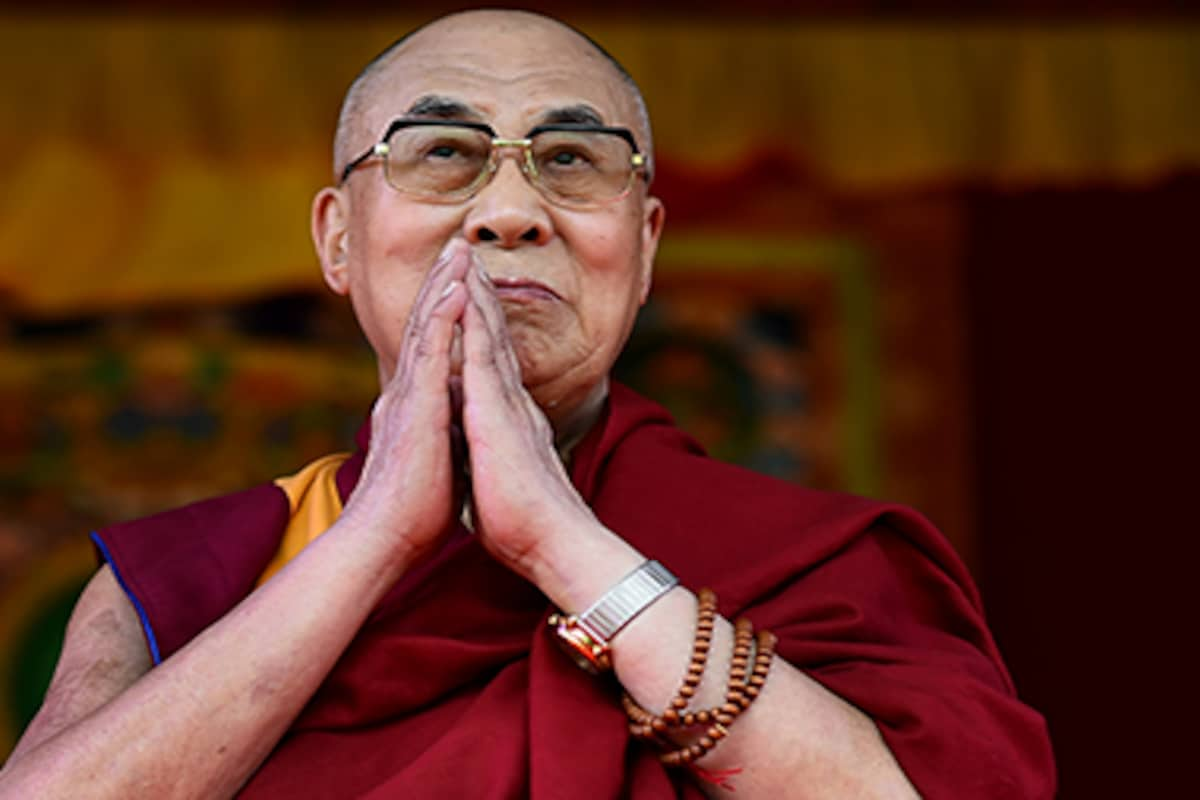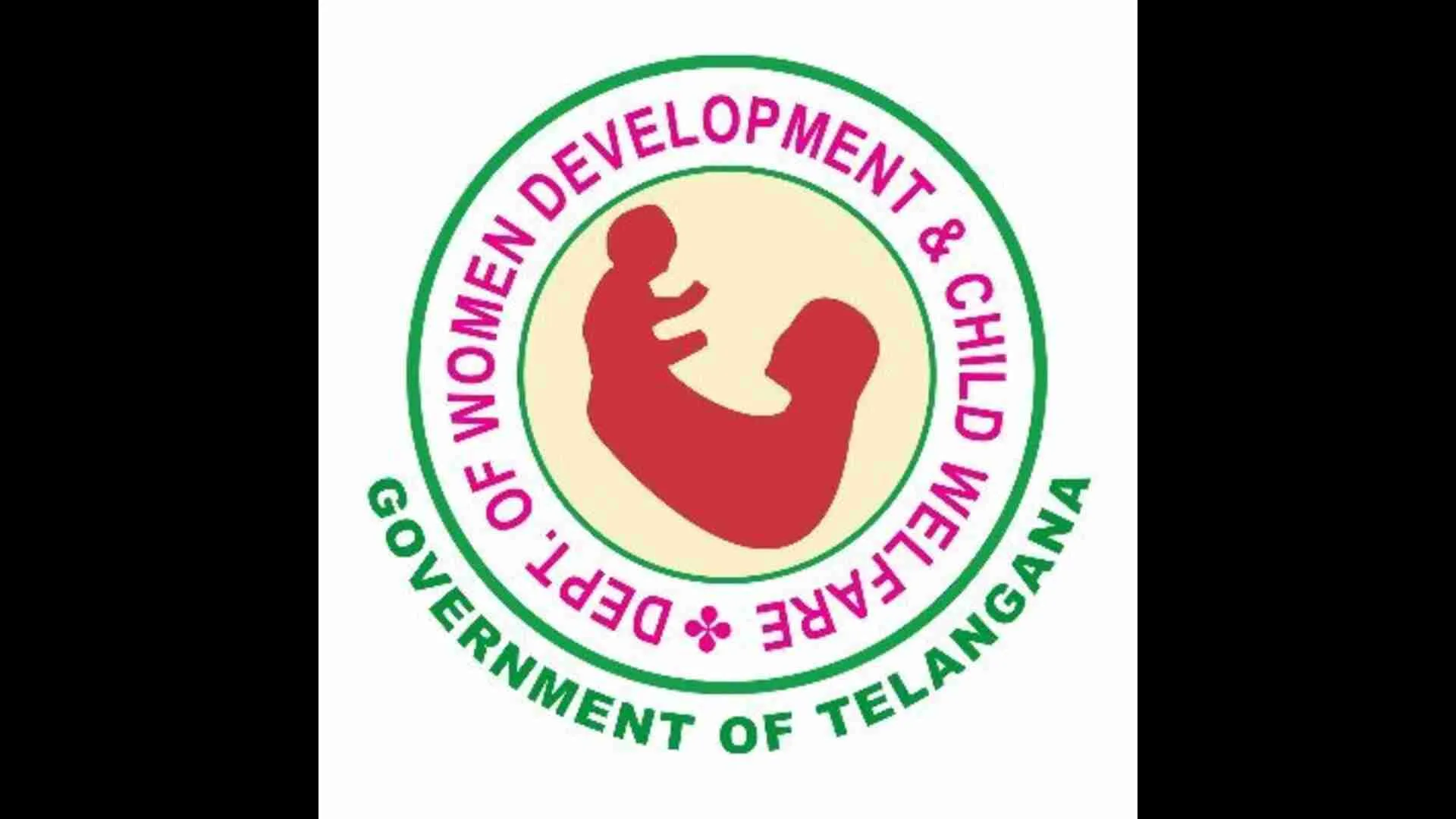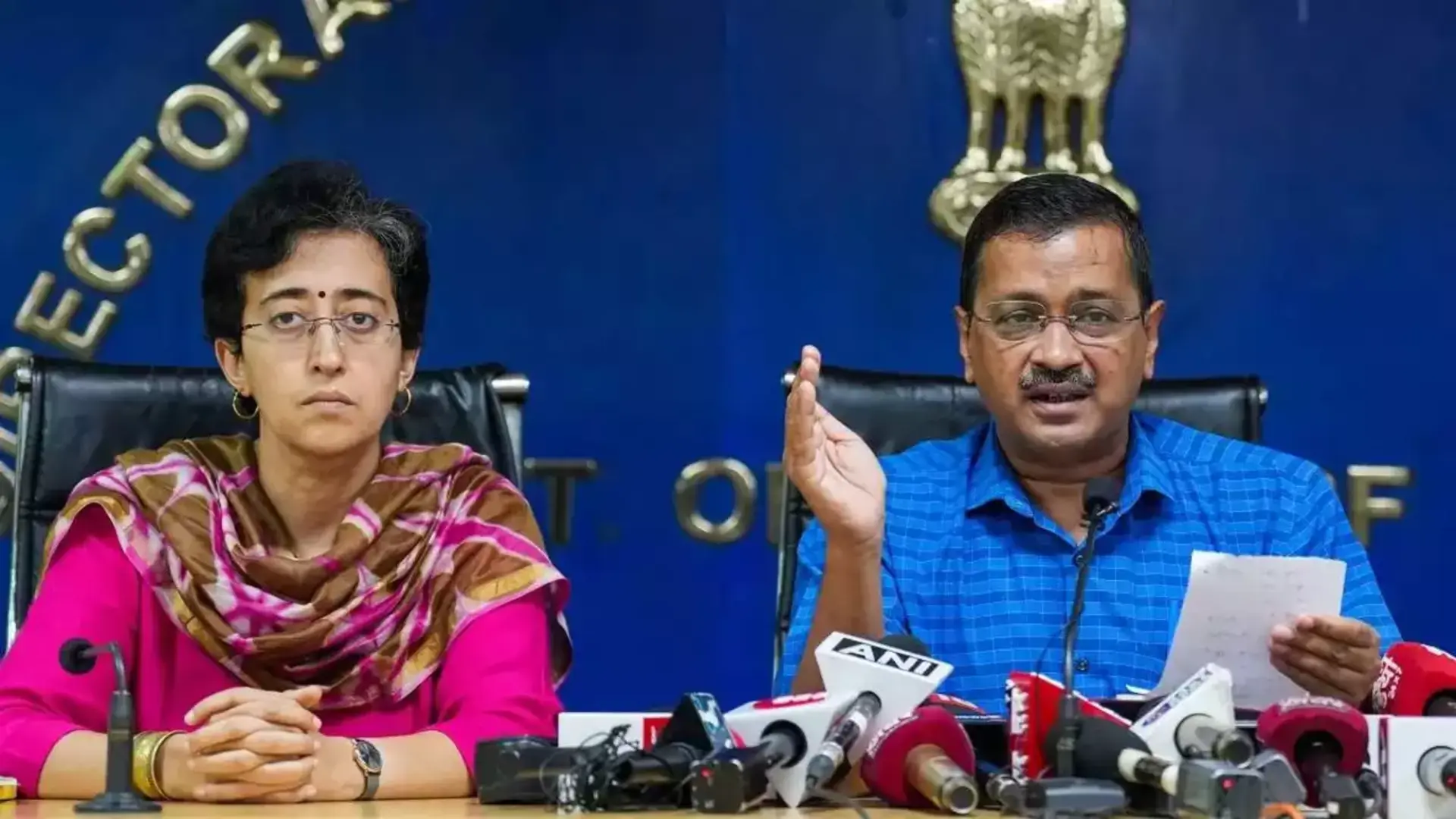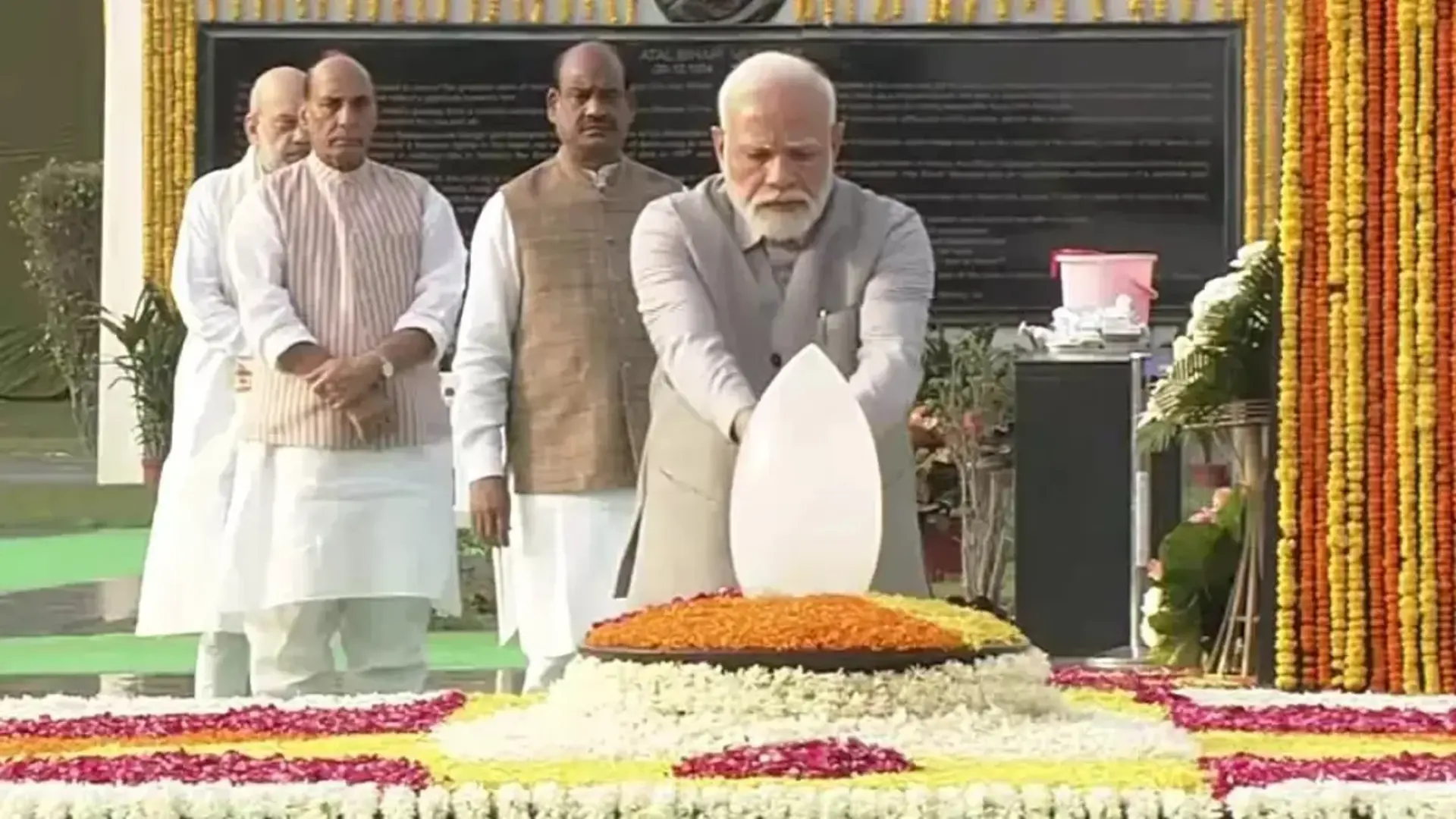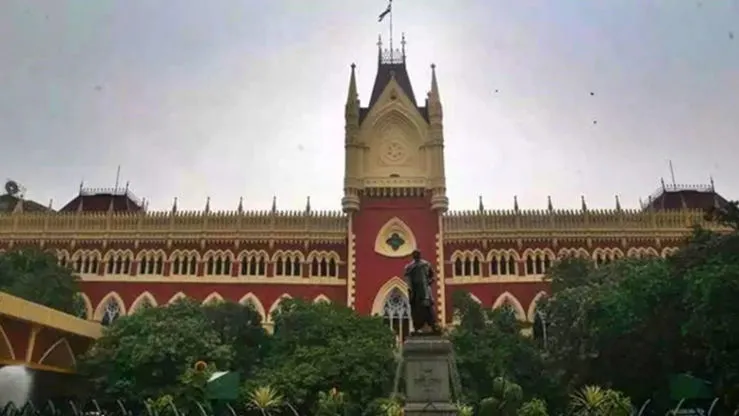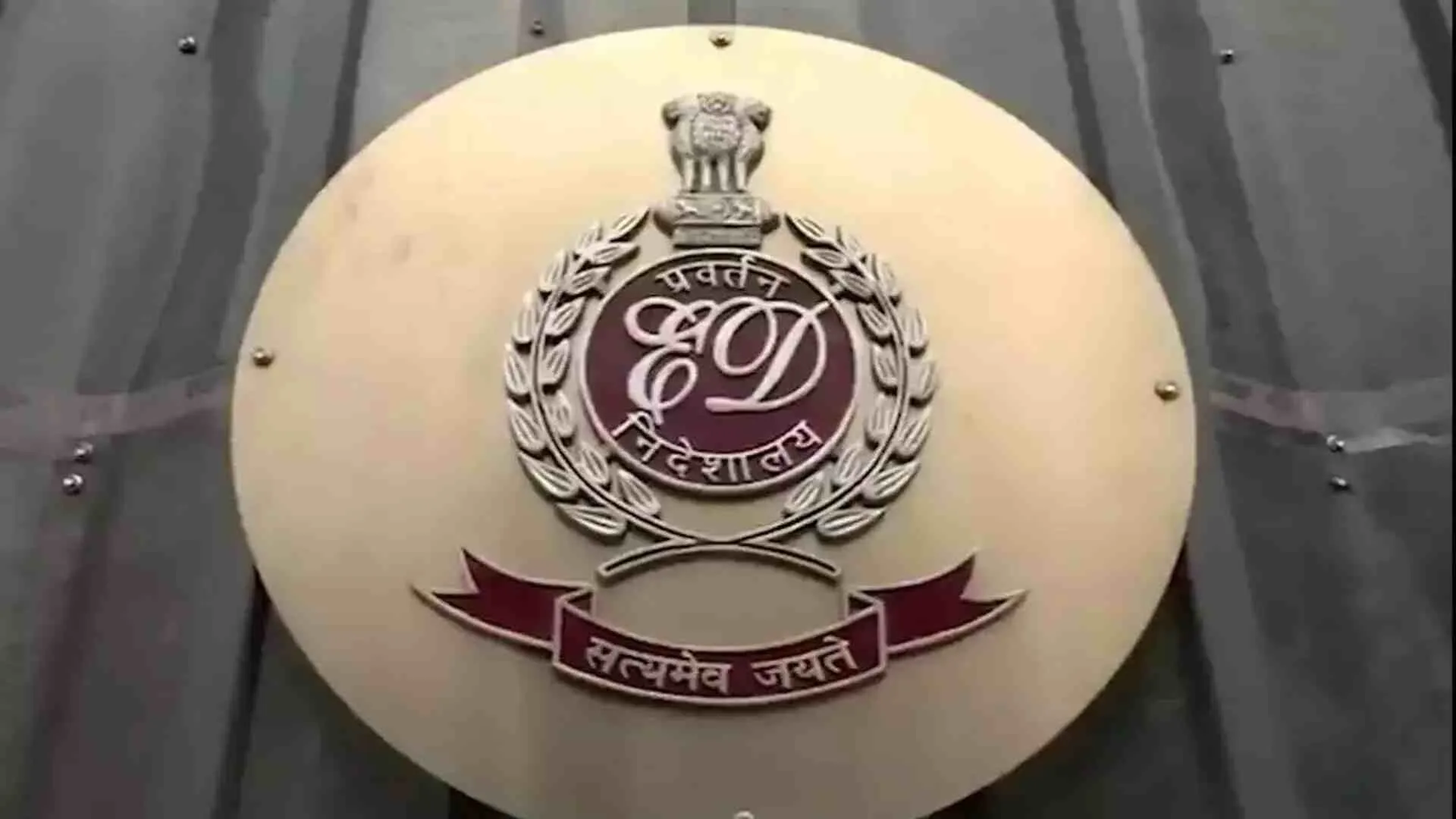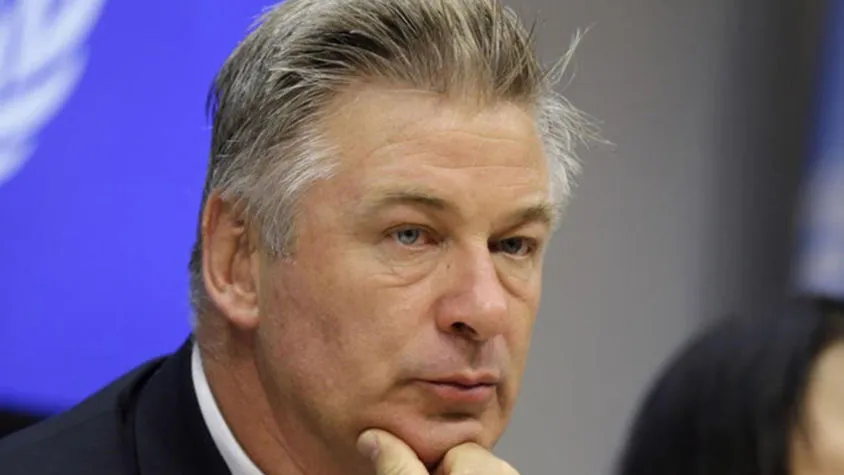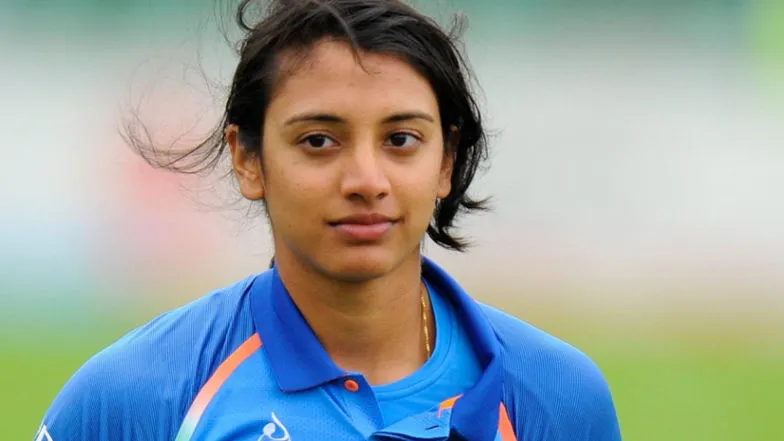The Delhi High Court on Tuesday dismissed a Public Interest Litigation (PIL) that sought action against Dalai Lama, the spiritual leader of the Tibetan people, under the Protection of Children from Sexual Offences (POCSO) Act. The PIL was filed in response to a viral video from April 2023 showing Dalai Lama kissing a child on the lips.
The plea, brought by a confederation of NGOs and Jeroninio Almeida, raised concerns about the impact of the incident on the child’s well-being and called for guidelines to protect children during spiritual gatherings. It described the incident as a violation under the POCSO Act and criticized the reactions from the Tibetan community, which cited cultural practices.
Delhi HC dismisses PIL against Dalai Lama on child kiss controversy
Read @ANI Story | https://t.co/cly4jDlv7l#DelhiHC #DalaiLama #PIL pic.twitter.com/WrX9XEAWP3
— ANI Digital (@ani_digital) July 9, 2024
In response, the bench of Justice Manmohan and Justice Tushar Rao Gedela noted that the incident had occurred one and a half years ago in public view and that Dalai Lama had issued a public apology on April 10, 2023. The court emphasized that Dalai Lama’s apology addressed the issue, and thus dismissed the PIL.
The plea highlighted broader societal indifference towards child protection and urged stricter enforcement of laws safeguarding children from sexual offences. It underscored the need for responsible behavior towards children by spiritual leaders and other figures in authority.
Dalai Lama’s apology acknowledged the controversy surrounding the incident, which sparked global debate and criticism. Despite the dismissal of the PIL, the case has drawn attention to the intersection of cultural practices, child protection, and legal accountability in spiritual contexts.

